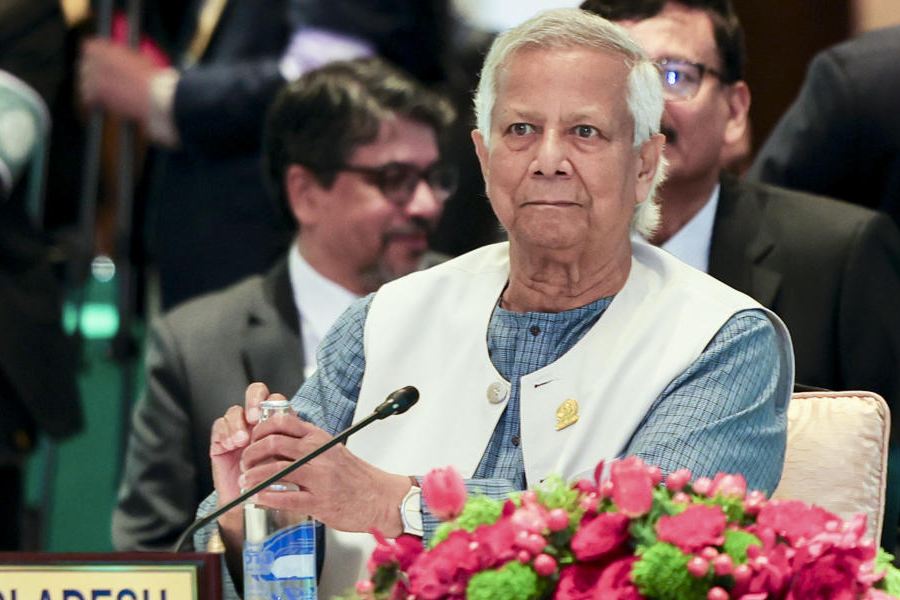Union finance minister Nirmala Sitharaman on Saturday did away with the dividend distribution tax (DDT) on companies and shifted it to the recipient — a move that led to mixed reactions.
Analysts said the proposal will benefit foreign investors putting their money in domestic companies and domestic investors in the lower income tax bracket apart from high dividend paying companies.
However, the step is also seen as a negative for the domestic shareholder, particularly those in the higher income tax bracket.
At present, companies are required to pay DDT on the dividend paid to its shareholders at the rate of 15 per cent plus applicable surcharge and cess in addition to the tax payable by the company on its profits.
Sitharaman said that the system of levying DDT results in an increase in tax burden for investors and particularly those who are liable to pay tax less than the rate of DDT if the dividend income is included in their income.
Experts however, feel that the move will hurt the domestic investor who are in the higher income tax bracket.
“Abolishing of DDT and taxing it in the hands of the recipient will result in higher tax outgo for many retail investors. Currently, the effective DDT rate stands at 20.35 per cent (including surcharge and cess) this will increase substantially increase the tax outgo for retail investors in higher tax slab of 20 per cent (and more),” Gaurav Dua, Sr VP, Head – Capital Market & Investments, Sharekhan by BNP Paribas said.











